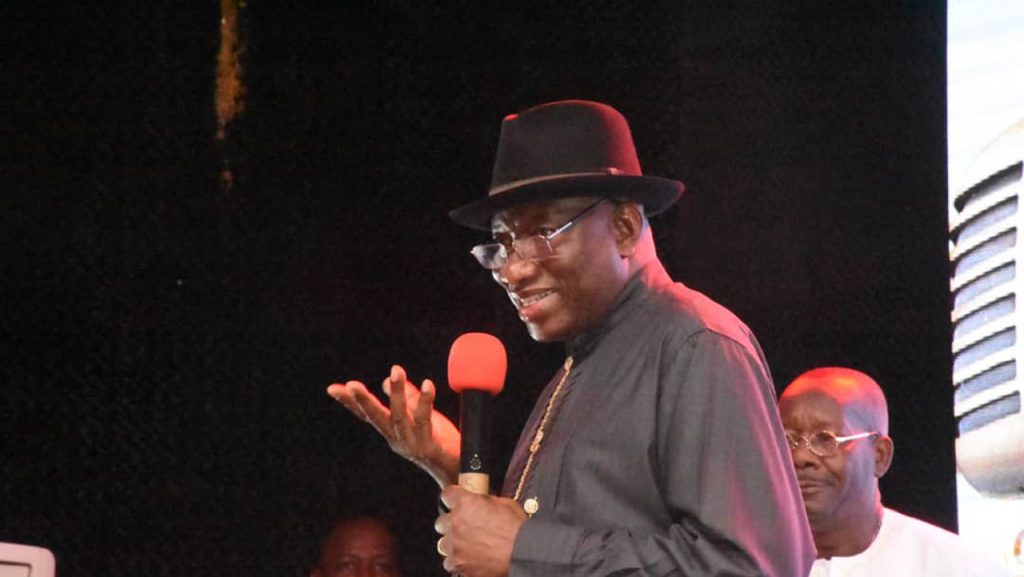Former President Dr Goodluck Jonathan has reiterated his commitment to forgiveness and moving beyond past grievances, stating that he does not hold grudges even when personally wronged. He made the remarks on Wednesday during a requiem mass in Abuja in honour of the late Chief Audu Ogbeh, describing the deceased as a model of humility and reconciliation.
“Chief Ogbeh was a man who did not seek revenge. He believed the past should be left behind and that we must keep moving forward,” Jonathan said. “In that sense, he was just like me. If you hurt me today, I will forgive you. I don’t carry grudges against people. I believe the past is past—and I move on.”
Jonathan reflected on his personal relationship with Chief Ogbeh, noting that their friendship began when he served as Deputy Governor while Ogbeh was National Chairman of the Peoples Democratic Party (PDP). He recalled that Ogbeh treated him with respect and warmth, despite the low profile often associated with the office of deputy governor.
“I didn’t know Chief Ogbeh until I became a deputy governor when he was serving as National Chairman of the PDP. At that time, deputy governors were often seen as spare tyres, but he treated me as a close friend. Whenever I visited Abuja, I would go to see him, and we always had good conversations. He was such a kind and generous person,” Jonathan said.
The former president added that their cordial relationship continued even after he assumed the presidency. “Whenever he wanted to see me, he would come, and sometimes we would spend up to an hour discussing national issues,” he noted.
Jonathan used the occasion to appeal to Nigerian politicians to embrace the values exemplified by Ogbeh, particularly humility, forgiveness, and the ability to unite people across diverse political and social divides.
“Chief Ogbeh’s life reminds us that leadership is not just about power but about service, reconciliation, and building bridges. As we remember him, I urge all political actors to emulate his example,” he said.
The requiem mass, attended by family, friends, and well-wishers, offered a platform for reflecting on Ogbeh’s legacy as a politician, elder statesman, and advocate for national unity.

